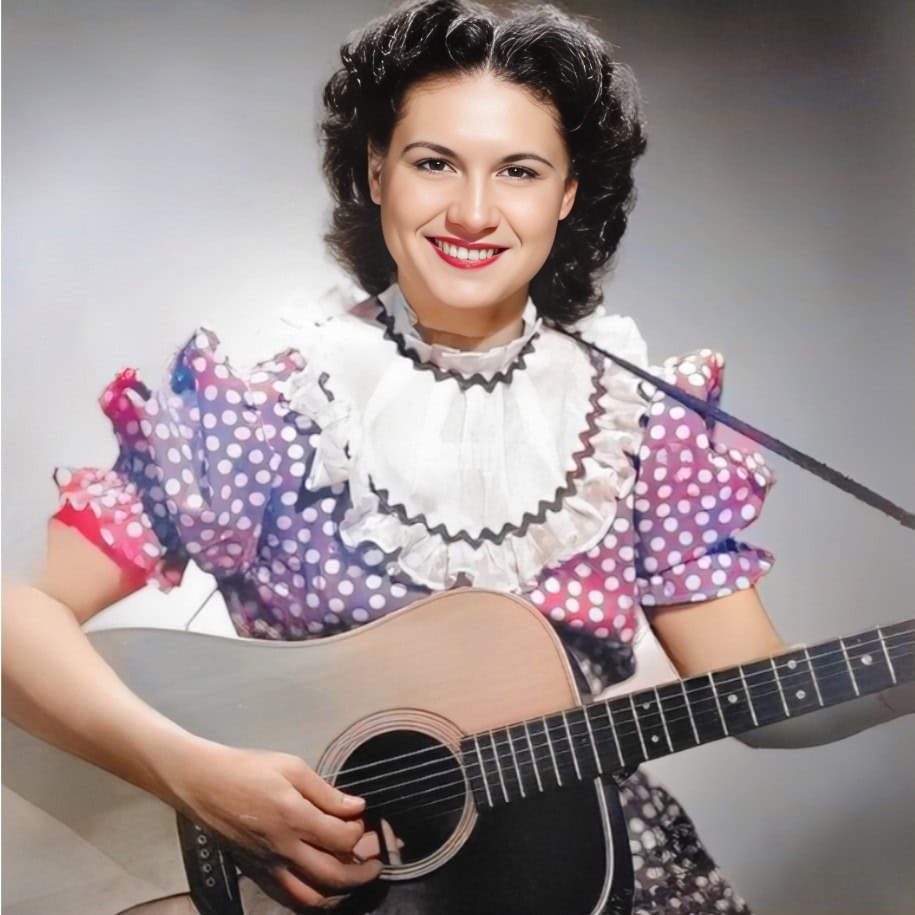
Kitty Wells, born Muriel Deason, became a pioneering figure in country music, earning the moniker “Queen of Country Music.” Before her breakthrough, female vocalists primarily occupied roles as supporting acts or novelty performers. Wells shattered this mold in 1952 with “It Wasn’t God Who Made Honky Tonk Angels,” a controversial response to Hank Thompson’s hit “The Wild Side of Life.” While Thompson’s song lamented the fickleness of women who frequented honky-tonks, Wells’s rebuttal offered a sharp critique of societal double standards.
The song, credited to J.D. “Jay” Miller, argued that men often drove women to seek solace in honky-tonks through their own infidelity and mistreatment. The lyrics, unflinchingly honest for their time, resonated deeply with many women who felt unseen and unheard in the country music landscape. Initially, the song faced resistance from radio stations, with some networks even banning it due to its perceived anti-male message. However, the controversy only fueled its popularity.
“It Wasn’t God Who Made Honky Tonk Angels” soared to the top of the Billboard country chart, making Wells the first woman to achieve that feat as a solo artist. This landmark achievement paved the way for future generations of female country singers. The song’s success catapulted Wells into stardom, securing her place as a headliner for decades and influencing countless artists who followed.
While some listeners applauded Wells for her courage and truth-telling, others criticized the song for being accusatory and divisive. Despite the mixed reactions, “It Wasn’t God Who Made Honky Tonk Angels” undeniably sparked a crucial conversation about gender roles and societal expectations within the context of country music and beyond, solidifying its enduring legacy as a groundbreaking and culturally significant song.